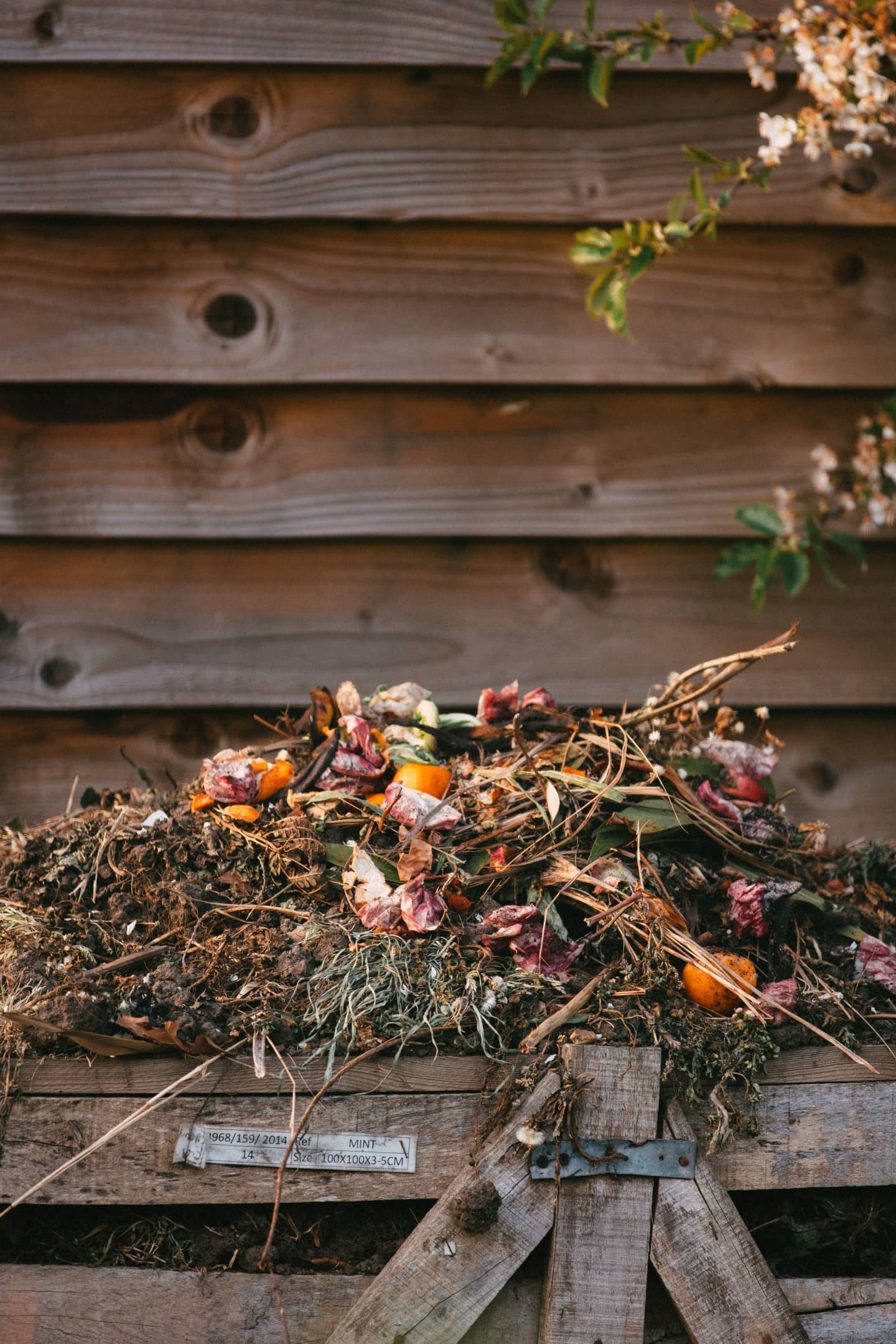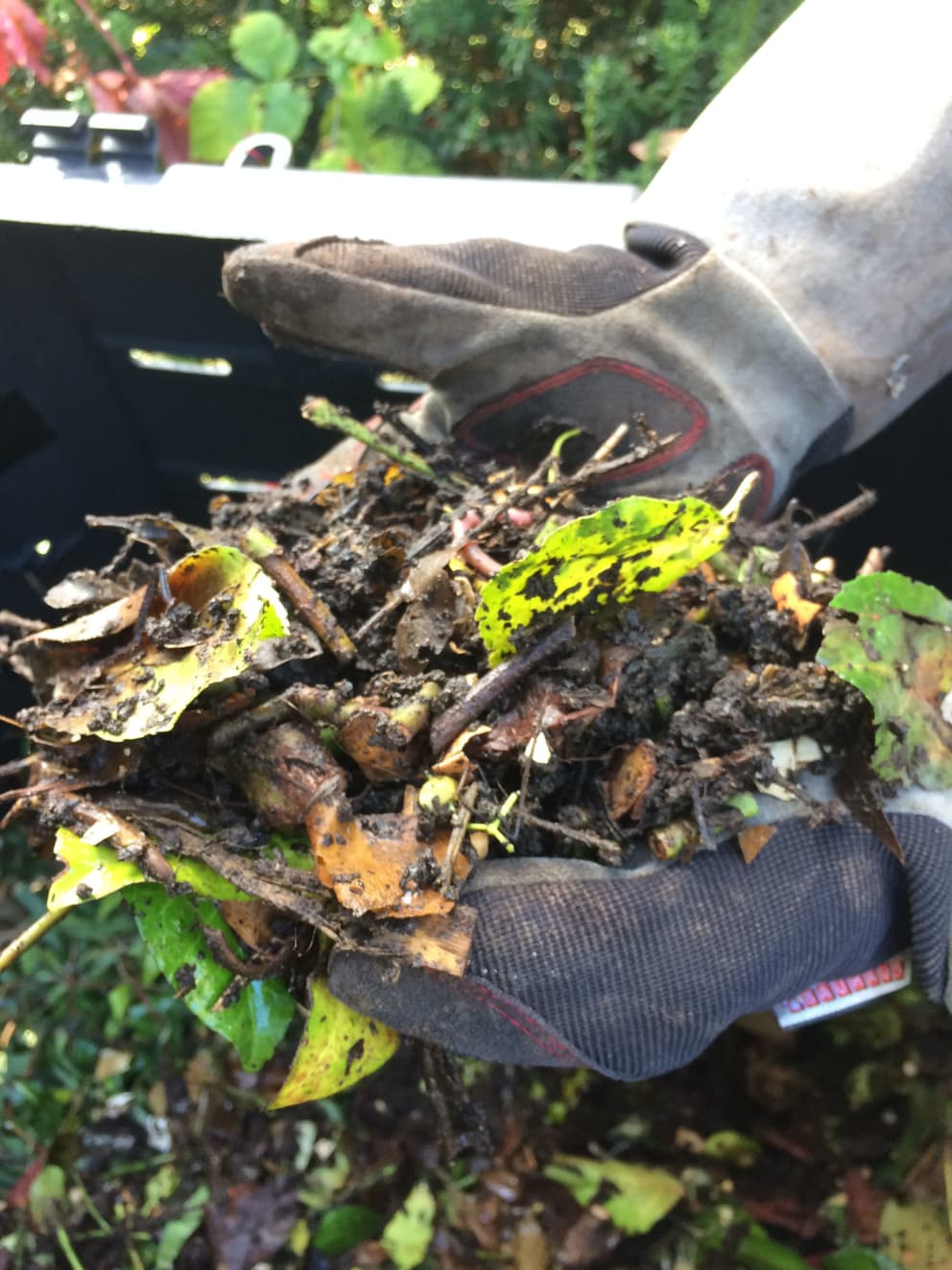Compost
Compost is organic material that consists of green waste such as food scraps from your kitchen, leaves, branches, or agricultural remains. It is decomposed by worms, insects, and microorganisms over time. Compost provides the optimal nutrient pool for better soils.

The Importance of (good) Compost
To achieve better soil, proper (micro)biology is the key to an even soil humus build-up. Good compost provides the breeding ground for this, making it an excellent fertilizer. Compost can be considered as a kind of vaccination for the soil, with the difference that no chemical and toxic substances are used. It contains a starting population of good microorganisms that work continuously to form more humus, bind CO2 and make the soil a better soil.
What all can be put on the compost?
Compost is not a natural waste disposal plant. There are some rules to follow in order to create the perfect breeding ground out of the right ingredients for humus formation. Organic residues that inspire the formation of humus are:
- All yard waste from farms
- All garden waste - without exception
- Stable manure - without exception
- Straw, leaves, hay, branches, scraps from cleaning vegetables, etc.
- Kitchen waste, organic waste from separate collection
- green waste, also waste from the municipal city collection
- Pomace, residues also from industrial fruit-vegetable processing
- Scraps from the maintenance of nature conservation areas including weeds
- Moldy hay, broken silos, plants, and vegetables affected by diseases as well as vegetables
- Paper and textiles (only from natural fibers)

